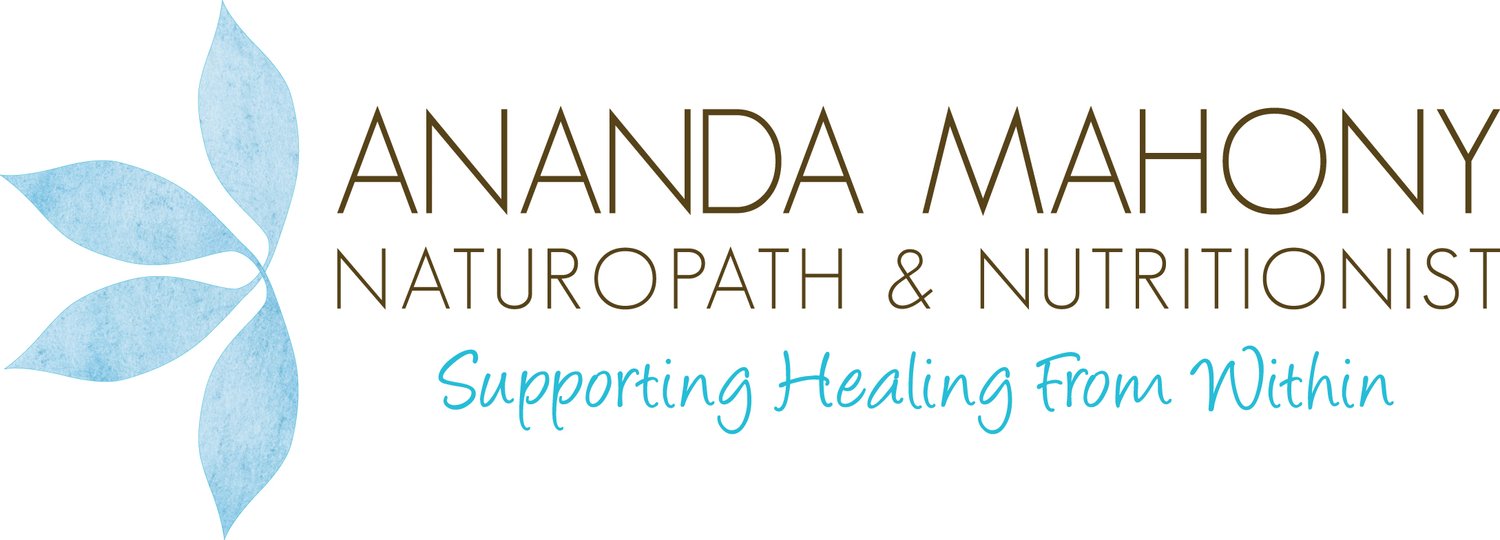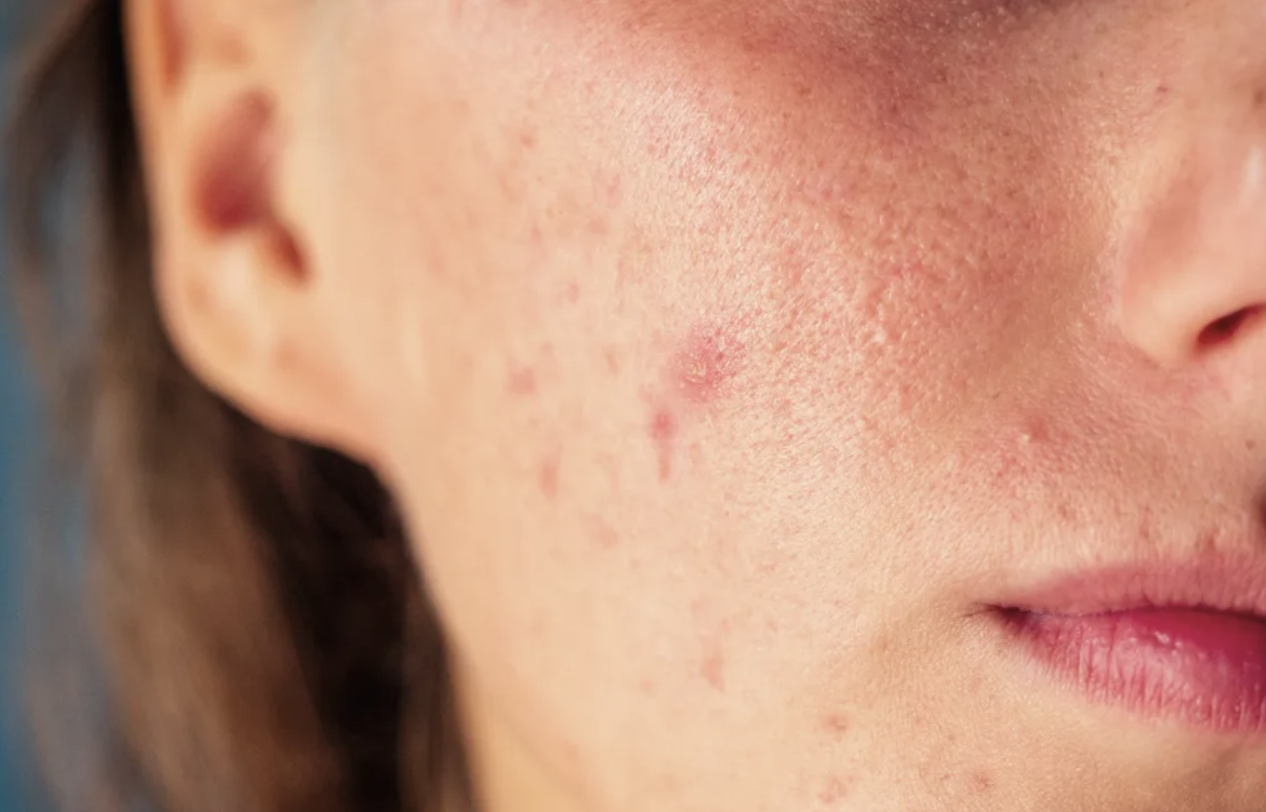Dietary Influences on Acne
An Australian trial conducted at RMIT University, Melbourne, has shown that a low glycaemic index (GI), high protein diet improved symptoms of acne including the number of facial lesions. It also reduced the causative factors associated with acne such as high androgen levels and insulin resistance. The diet consisted of 25% of energy from protein and 45% of energy from low GI carbohydrates such as fruit and vegetables, grains and pulses.
Interestingly acne is seen as a condition associated with Western diets that are generally higher in saturated and trans-fats, high in simple carbohydrates and sugars and lower in healthy protein sources. Acne vulgaris is seen in up to 79-95% of the adolescent population in Westernised countries. Non-Western diets, which are traditionally high in low glycaemic foods, do not have the same association.
Western diets, high in sugar, fat and ultra-processed foods are associated with acne.
Foods to Enjoy
Dietary recommendations that will support skin health, help to normalise hormone balance and reduce sebum production include:
Consume Fish regularly: Fish is an excellent source of protein and essential fatty acids. Protein is important for skin healing. Essential Fatty Acids (EFAs) help to keep skin flexible and hydrated as well as promoting skin healing. Deep Sea fish are the best source of EFAs including tuna, salmon, anchovies and sardines. A fish oil supplement may be a good idea if fish intake is less thank twice a week.
Eat Lean Animal Protein: Lean red meat and organic chicken are good sources of valuable protein that is essential for skin healing and repair. A palm size serve of animal protein 2-3 times a week will help support skin health.
Eat plenty of Fresh Vegetables: Vegetables are low GI and full of antioxidants and trace nutrients that help to heal and repair the skin. Betacarotene (a precursor to vitamin A) is found in vegetables including carrots, spinach, sweet potato, kale, green leafy vegetables and red capsicum. Regular fruit consumption is also important.
Purified Water: Drink at least 8 glasses of water per day. Water promotes healthy digestive habits and helps to flush toxins out of your body. Water is also essential to keep your skin well hydrated.
Go for Whole Grains & Legumes: Whole grains are rich in fibre, low GI and nutrients. This promotes sustained release energy and reduces inflammation. Zinc, important for skin healing, is found in whole grains along with sunflower & pumpkin seeds, beef, egg yolks, ginger and lamb.
Foods to Avoid
Processed Foods & Sugar: Foods high in sugar increase the body's production of insulin, promote inflammation and can cause or exacerbate acne. Ensure that the following foods make up no more than 10% of the diet: cakes, lollies, processed flour products, white bread, white rice (with the exception of Basmati), fruit juices, baked goods, and trans or hydrogenated fats.
Soft drinks & diet soft drinks: Soft drinks are full of sugar and often caffeine. The phosphorus and sodium in soft drinks can lead to skin drying and the carbonate can cause digestive disorders. Drink water, herbal teas, and vegetable juices instead.
Dairy: There is some research that suggests that a high consumption of milk and dairy products may be linked with acne. One study reported in the Journal of American Academy of Dermatology showed that milk was positively associated with acne in teenage girls. Suitable milk substitutes may include soymilk, rice milk, almond milk and fresh goat's milk.
A healthy, low GI diet is important in the management of acne, both in teenagers and adults. In combination with good hygiene practices and natural, healing topical treatments, acne is a condition that can be managed effectively before resorting to medications.
For more comprehensive dietary and detox programs for acne and skin conditions consider making an appointment.



